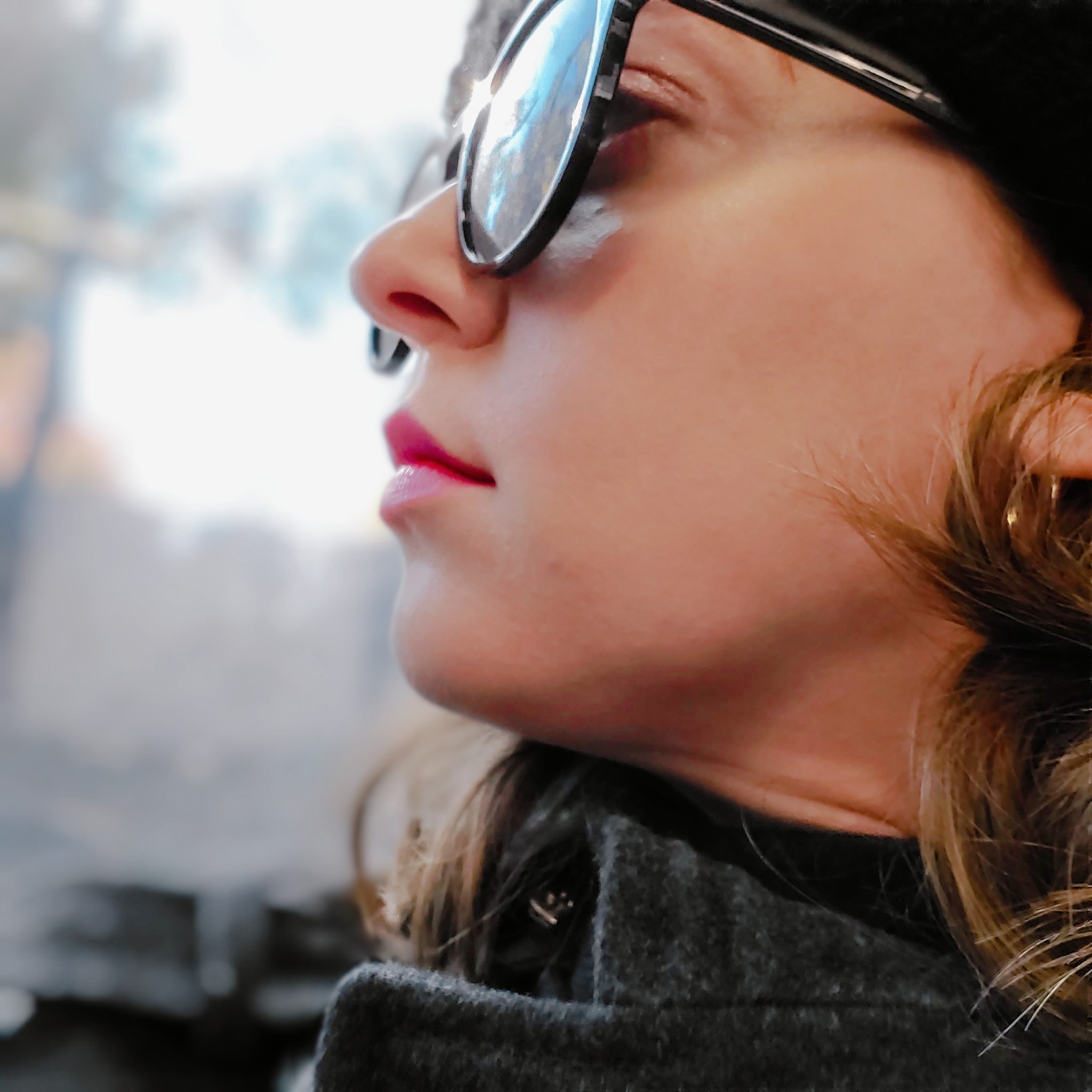Nutritionist reveals the foods that help you sleep well and what to avoid
Author and leading nutritionist Rob Hobson gives us the details on the drinks and foods that can help us sleep better
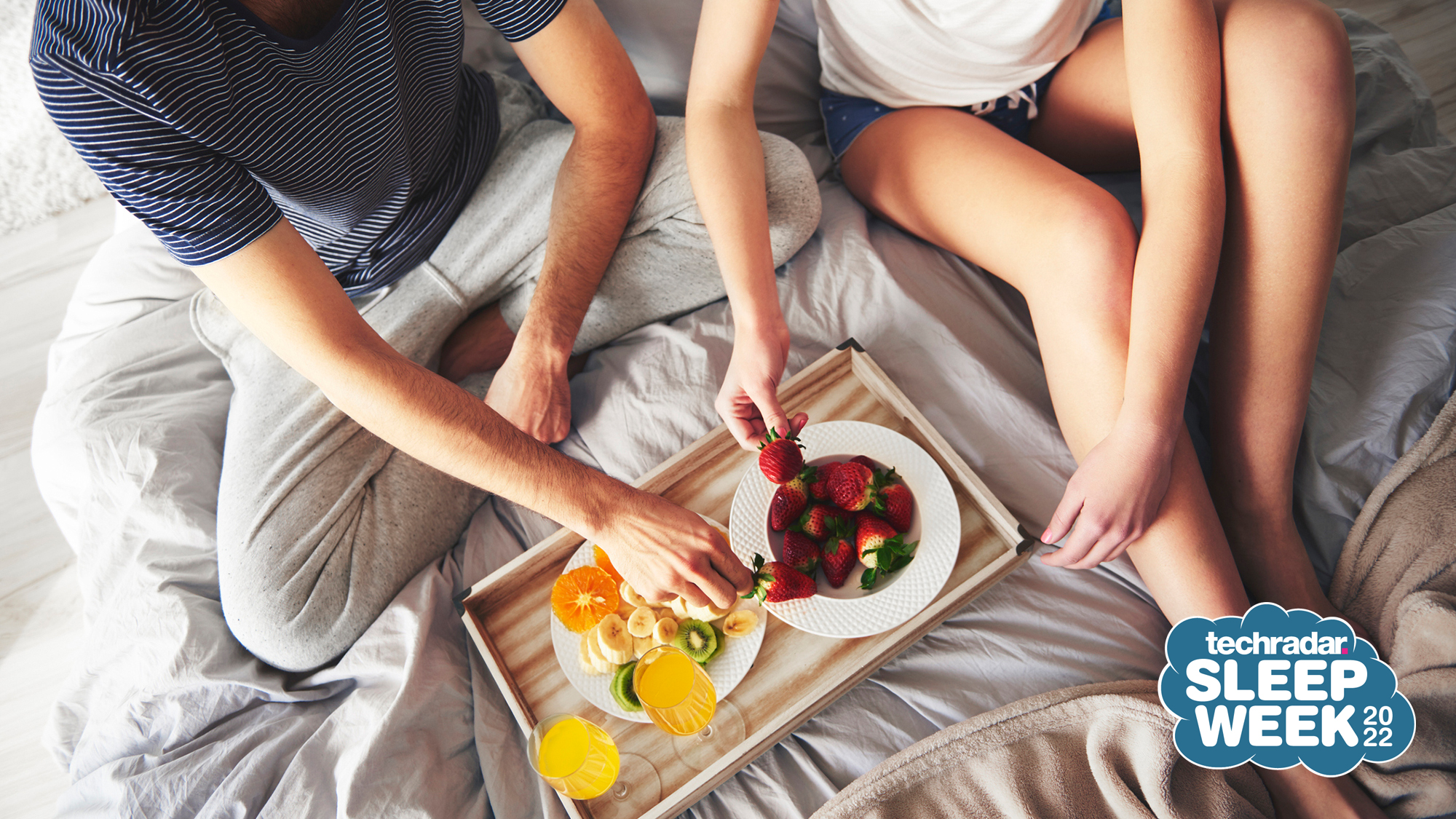
Do you nap throughout the day and never seem to have energy to really get going? Or is your sleep tracker telling you that you didn't get much quality sleep again last night? If so, it may be time to incorporate some foods that help you sleep into your daily meal plan. Not only will these supercharge your snooze so that you'll feel better rested and more energetic in the day, they're super-tasty.
Rob Hobson is a London-based nutritionist with over 12 years' experience as a Registered Nutritionist. Hobson was awarded Nutrition Consultant of The Year in the Global Health and Pharma Private Healthcare Awards 2022, and has authored multiple books and articles on diet and nutrition.
As we'll discover shortly, if you're not getting good quality sleep you're more likely to make unhealthy food choices. Luckily, help is at hand in the form of Rob Hobson (RNutr, SENR), a leading London-based nutritionist and author of The Art of Sleeping.
Hobson recently partnered with British Apples & Pears to create the Happy Apple Plan for healthy digestion, and here he shares his expert advice on how specific drinks and foods affect sleep. And, as an exclusive for TechRadar readers, Robson has created a daily meal plan using foods that help you sleep better at night. Here's what he had to say, and if heat is keeping you awake, experts share how to sleep when it’s hot.
The best foods that help you sleep
Trytophan-rich foods
To help you fall asleep easier at night, Hobson recommends eating foods rich in Tryptophan, an amino acid: "It's required to make melatonin in the brain, which is the hormone that helps to make you feel drowsy and ready for sleep.
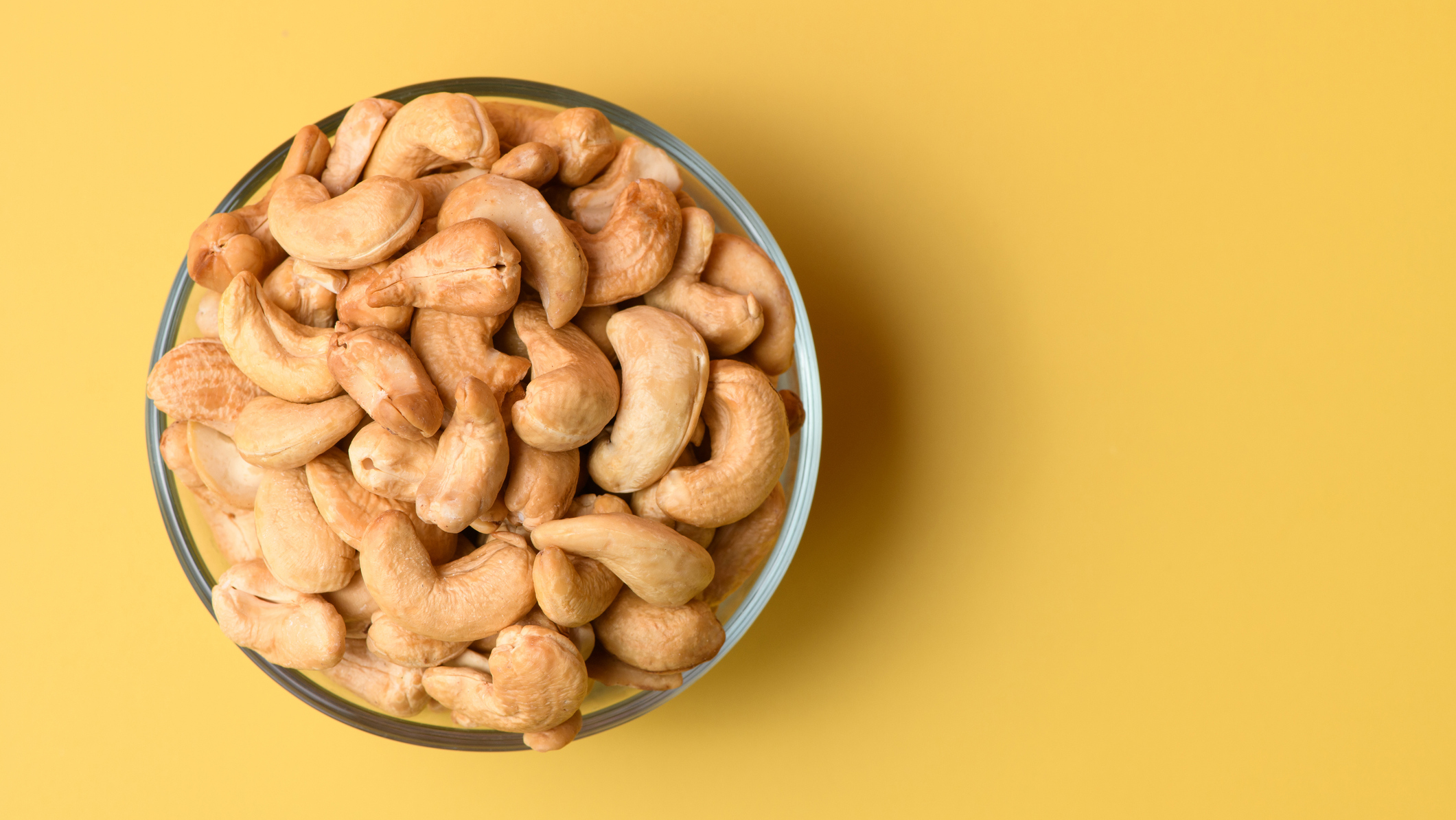
"Cashew nuts are a great snack for sleep," says nutritionist Rob Hobson. "They are rich in magnesium that activates the parasympathetic nervous system, which is responsible for relaxation. This mineral binds to gamma-aminobutyric receptors responsible for quieting nerve activity and by doing so may help prepare your body for sleep. Magnesium regulates melatonin, which guides sleep-wake cycles."
"This amino acid has a lot of competition to make it across the blood brain barrier, but including foods rich in carbohydrates, such as pasta, rice and potatoes, can increase its uptake." Hobson explains.
"These foods elevate the hormone insulin, which helps the uptake of tryptophan in several ways, such as reducing the levels of other amino acids that compete with it for transport carriers to the brain."
However, as Tryptophan isn't naturally produced by the human body, you need to get it from food. Hobson recommends the following tryptophan-rich foods to help you better sleep:
Get daily insight, inspiration and deals in your inbox
Sign up for breaking news, reviews, opinion, top tech deals, and more.
- Nuts: cashew, almond, hazelnut
- Seeds: sunflower, pumpkin, hemp, chia
- Soya Foods: soya beans, soya milk, tofu
- Meat: beef, lamb, pork
- Oily Fish: salmon, tuna, trout
- Other foods to try: oats, beans, lentils, eggs and bananas
Valerian
Hobson is also a fan of valerian, a herbal remedy and natural sleep aid typically used to reduce stress and help induce sleep due to its sedative effects. "The sedative effect of valerian is due to the inhibition of enzymes that break down an inhibitory brain chemical called GABA, Gamma- Aminobutyric acid.
"As GABA levels rise it dampens down the over-stimulation that can cause anxiety-driven thoughts that stop you sleeping." Hobson explains. You can find valerian supplements in capsule or tea form.
The worst drinks and foods for sleep
On the flip side, what you're consuming throughout the day may be creating a barrier between you and better sleep. If you find yourself tossing and turning most nights, Hobson recommends avoiding the following foods and drinks:
Caffeine
A lot of people rely on caffeine in coffee, tea and soft drinks to help them feel alert, but, as Hobson explains, not everyone has the same reaction to this stimulant: "Caffeine can remain in the body for three to five hours, but in some people the effects can still be seen 12 hours after consumption.
While a nightcap might be relaxing at first, it can have rebound effects
Rob Hobson (RNutr, SENR)
"Not everyone has the same reaction to caffeine, though, and this is down to a gene called CYP1A2 that controls the enzyme determining how fast you metabolise it. If you’re lucky enough to have the fast variant of the gene, you metabolise caffeine four times faster than those with the slow variant."
Hobson says if you can't quit caffeine outright, only consume it first thing in the morning. Otherwise, if you need a midday boost, Hobson recommends caffeine-free hot teas such as rooibos, ginger and lemon, or ginseng.
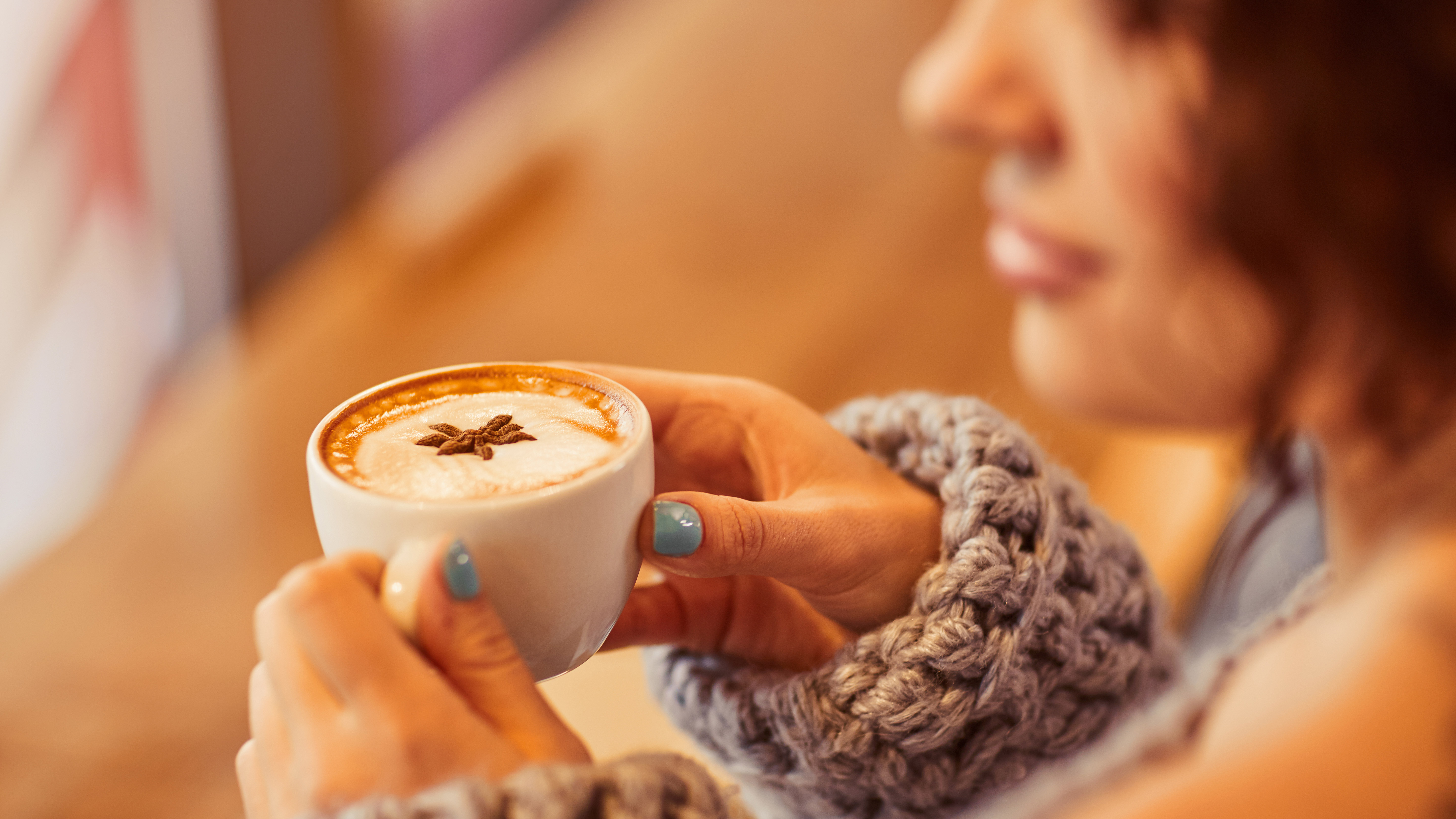
Alcohol
As we recently discovered when interviewing two experts about alcohol and sleep, even small amounts of booze can affect your quality of sleep. "While a seemingly harmless nightcap might be relaxing at first, it can have rebound effects," cautions Hobson, "causing you to wake up during the night due to dehydration or the need to visit the bathroom, and in some cases it can also contribute to heartburn.
"Alcohol can also impair the restorative part of the sleep cycle, REM, as well as interfering with the flow of calcium into nerve cells, affecting the region of the brain that controls sleep function."
Spicy foods
Drinks aren't the only things to blame for your sub-par snooze. Spicy foods may cause or worsen heartburn for individuals prone to indigestion. "They can also trigger hot flashes during the menopause which doesn’t help with sleep."
A meal plan that helps you sleep better
Want to use your daily diet to supercharge your sleep but aren't sure where to begin? Especially for TechRadar readers, Hobson has developed a simple, healthful plan focused on foods that help you sleep, and to improve the quality of your shut-eye. Here's what he suggests:
Oats are a good source of B vitamins and magnesium which help the body to make melatonin (sleep hormone)
Rob Hobson (RNutr, SENR)
Breakfast: Oats topped with sliced apple and sultanas
"This is a great way to start the day," says Hobson. "Apples in particular have several properties that increase feelings of fullness, being packed with fibre and containing up to 86% water content. This will help to aid weight loss and curb hunger so you can achieve those health targets."
As for oats, they are, "a good source of B vitamins and magnesium which help the body to make melatonin (sleep hormone). Keeping your energy levels up with high fibre carbs such as oats can also help to prevent energy slumps which could have you tempted to nap and this is not a good option if you have trouble sleeping."
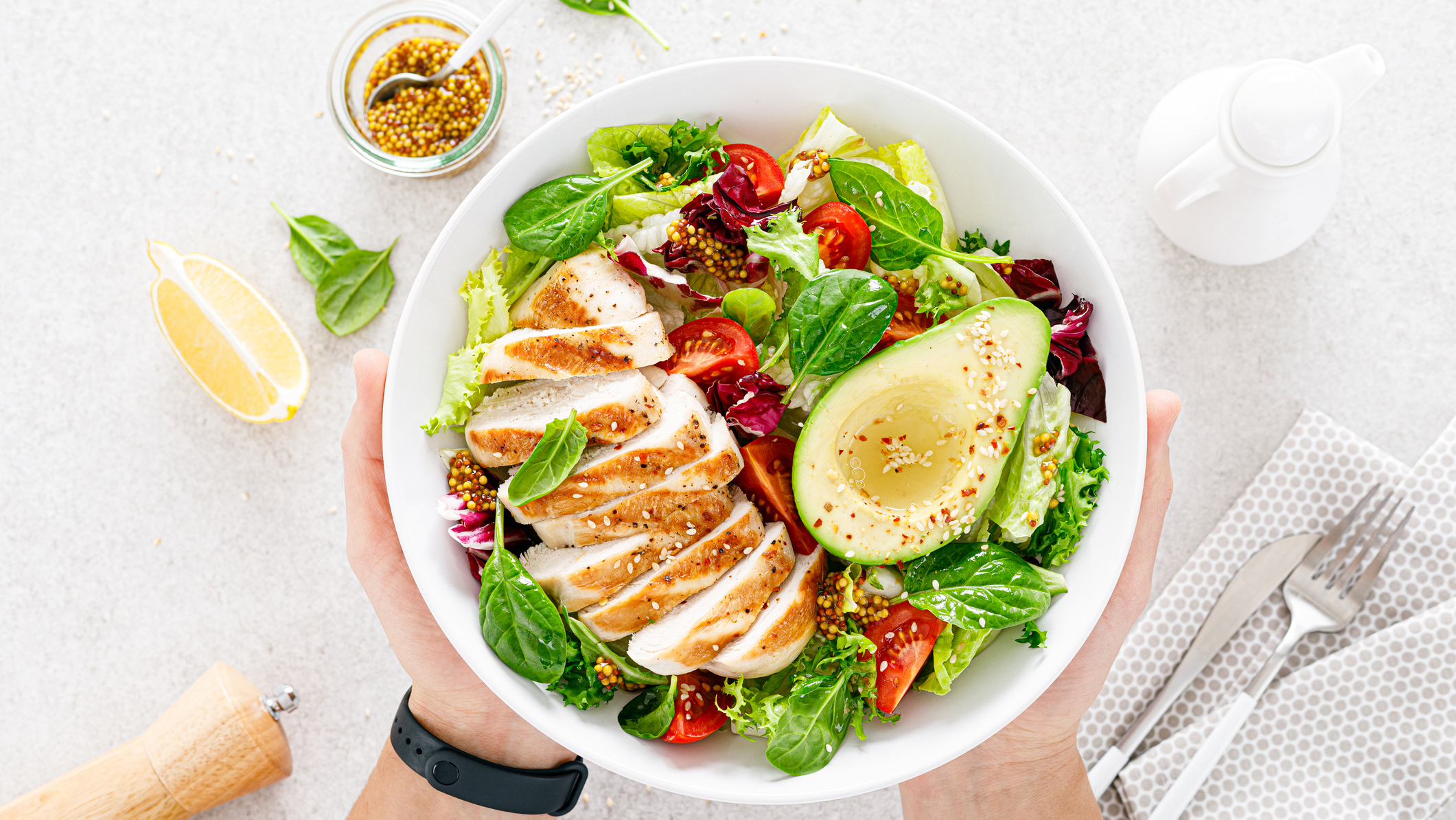
Lunch: Chicken salad
"Protein is a good option for lunch, especially if you struggle with mid-afternoon energy slumps, which are more amplified if you haven’t slept well," Hobson explains. A lean protein like chicken keeps your energy levels up while also helping your body make melatonin thanks to the tryptophan.
Dinner: Pasta or rice with grilled meat/fish/tofu and veggies
"This combination provides a good source of tryptophan and then carbs." The protein – meat, fish or tofu – contains the tryptophan your body requires to produce melatonin. The pasta or rice are the carbohydrates that'll help increase insulin levels so your body can absorb the tryptophan better.
Healthy eating benefits your sleep and wellbeing
As one study suggests, a lack of quality sleep disrupts the endocannabinoid (eCB) system that controls our appetite. "The problem with sleep deprivation is that it can lead to unhealthy food choices for a variety of reasons," says Hobson.
"This includes a general lack of motivation to eat well due to fatigue and research has also suggested that a lack of sleep disrupts the hormones that control our appetite making us more hungry when we haven’t slept well."
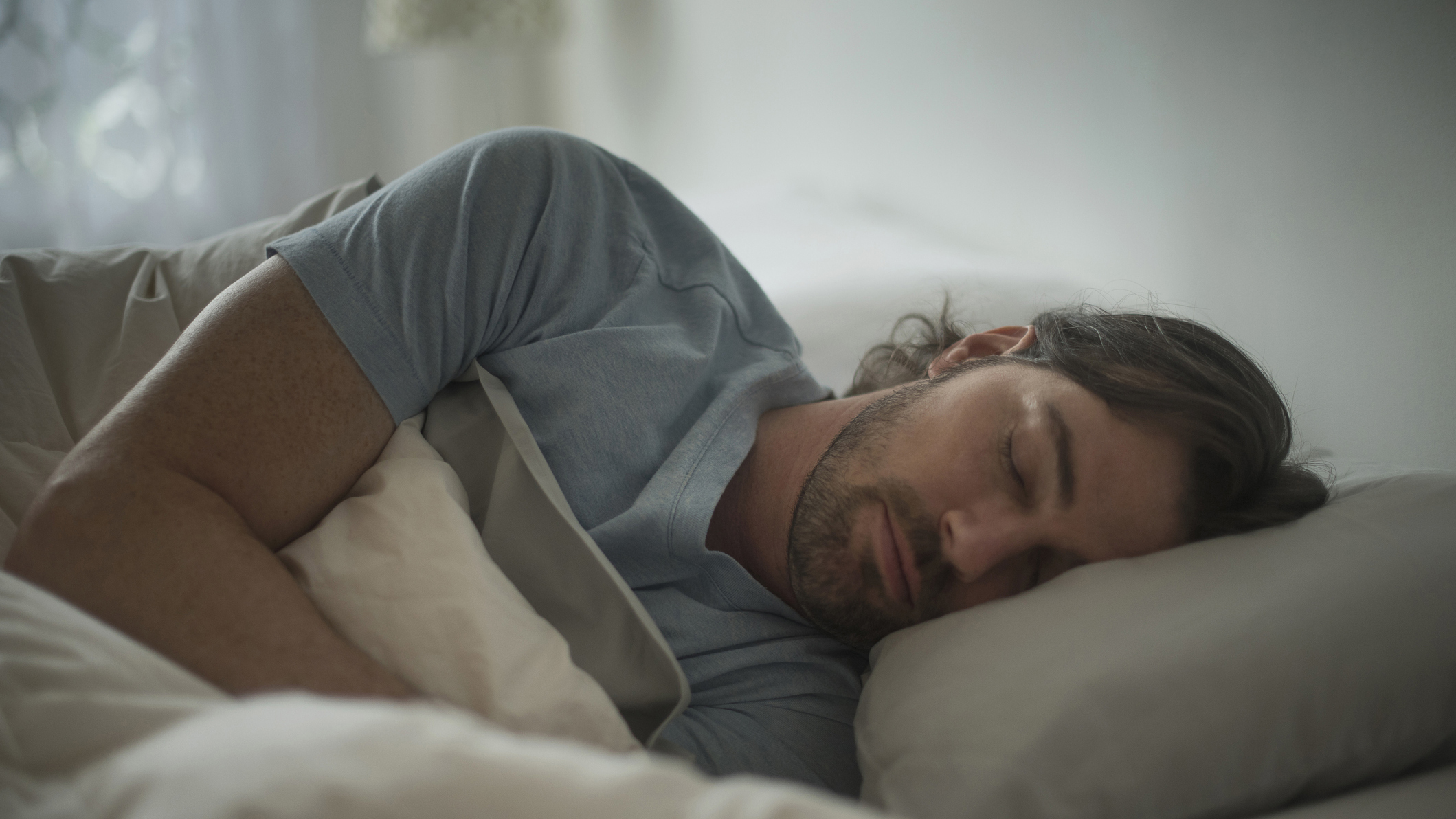
"The Happy Apple Plan states that eating an apple before a meal can aid weight loss. The apple helps to increase the overall fibre content of the meal, and that means you feel full and satisfied for longer, preventing mindless snacking between meals.
Apples are also great for our gut, as Hobson explains: "Our diet has a significant impact on our gut microbiota and gut environment. Consuming an apple a day encourages the growth of more ‘friendly’ bacteria in the large bowel, essential for maintaining a healthy gut. Apples also contribute to more regular bowel movements because they are a good source of fibre, which is key to supporting digestion."
But this humble fruit isn't the only star of the show, with Hobson recommending the following healthy foods too: "Also choosing lean protein foods such as meat, fish, protein and legumes in the evening alongside carbs such as pasta and rice will help with sleep and all these foods are key to the med diet."
Don't forget that along with a healthy diet, what you sleep on can also impact your quality of shut-eye, so make sure you are sleeping on the best mattress for your body and budget, and a comfy pillow that suits your sleep style. If you're unsure, read our expert-lead feature on how to tell if you're sleeping on the wrong pillow.
Read more:
- The best wake-up lights for every budget
- The best mattress toppers for instant comfort
This article is part of TechRadar's Sleep Awareness Week 2022 celebration (running until Saturday 19 March), a week-long look at all things slumber. We'll be bringing you proven techniques and tips to help you sleep better, and have rounded-up all the top-rated tech to transform your sleep.
Alison is a freelance writer and editor from Philadelphia, USA. She is an expert mattress tester and sleep product reviewer, and has been sharing trusted buying advice and retail news for over a decade. When she isn't reviewing mattresses or hunting for deals, Alison can be found teaching/training in martial arts, fawning over skincare, and indulging in her quarantine-borne hobby: cooking.
